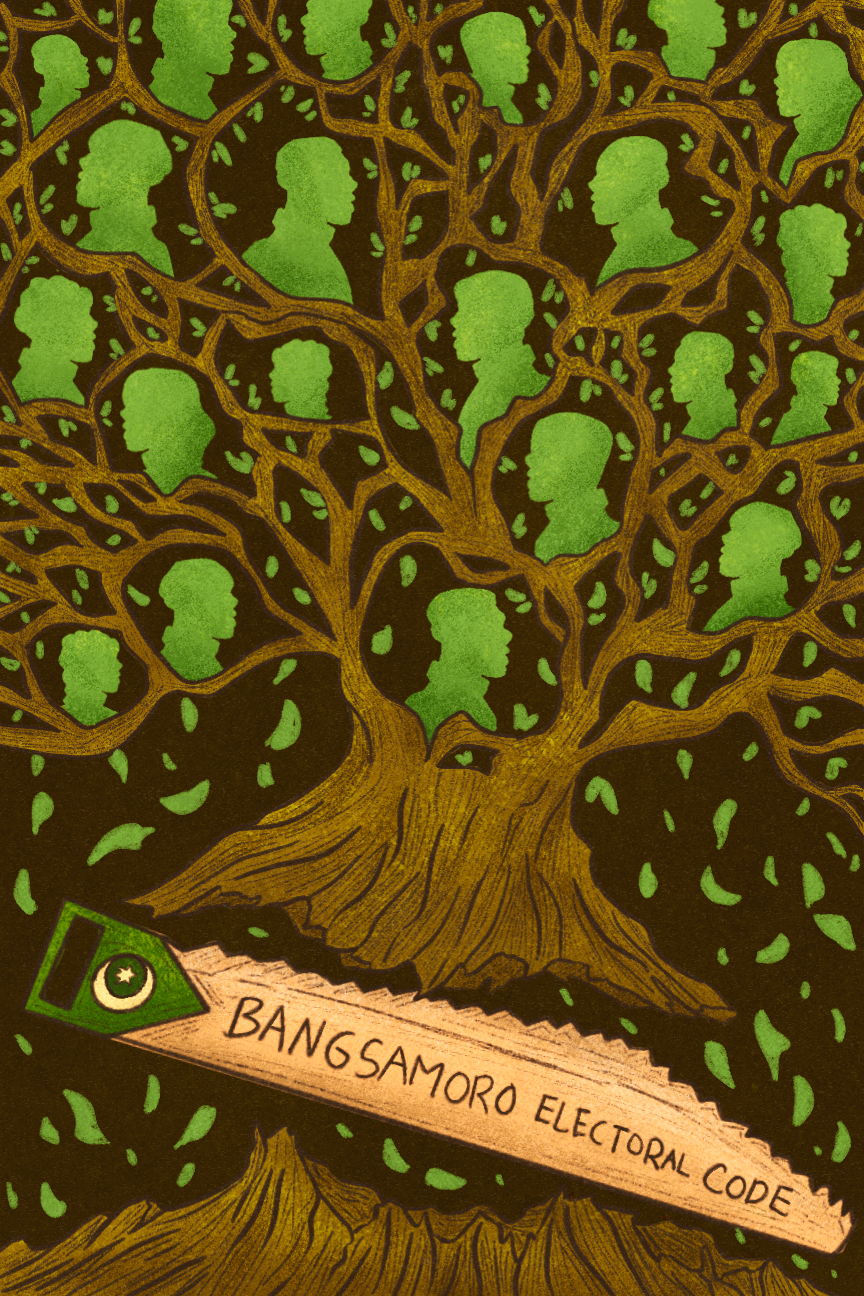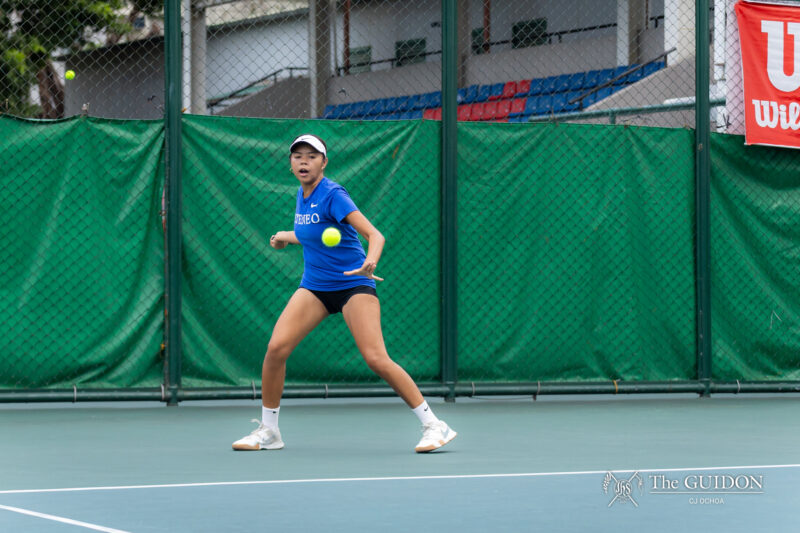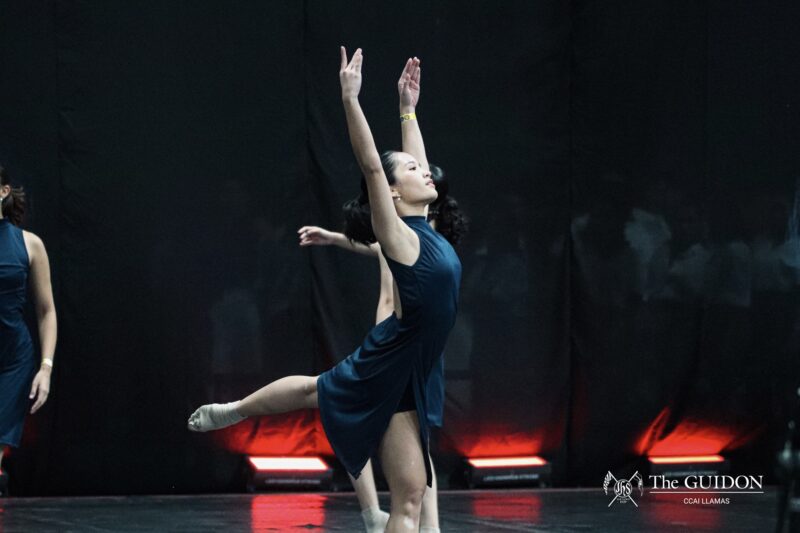THE BANGSAMORO Autonomous Region in Muslim Mindanao (BARMM) imposed a historic ban on political dynasties with the enactment of its electoral code in March 2023, aiming to promote fair competition and political inclusivity ahead of its first elections.
This development emerged as the region prepares for its first-ever parliamentary elections since BARMM’s establishment under the Bangsamoro Organic Law in 2018. The inaugural election will also see the first implementation of the Bangsamoro Electoral Code (BEC)—a set of strict guidelines that, among other regulations, explicitly prohibits political dynasties and turncoatism from engaging in the electoral campaign.
Inherited influence
The persistence of political dynasties—a concentration of political power within specific clans—in Bangsamoro has long shaped the region’s governance. Pre-colonial local leaders, or “Datus,” wielded power through kinship and military strength while forging alliances with powerful groups, shaping centuries-old traditions of familial rule.
Successive national administrations based in Manila have historically relied on these leaders to ensure consistency in governance. This reliance has led to the rise of political legitimacy for influential clans in the region, further entrenching dynastic rule and stifling non-clan political competition.
As the dynastic structures in Bangsamoro became institutionalized, political power remained concentrated within a select few families. These authorities solidified their control of vote-rich communities over time through patronage networks and electoral dominance, further consolidating power within their ranks.
This enduring system of familial rule has prioritized clan interests over broader governance reforms, leading to the neglect of BARMM constituents. As a result, many communities in the region have been left with inadequate public services and persistent poverty.
The concentration of power within specific families has stalled development for decades by limiting progressive leadership and policy innovation, making the ban essential in creating a more accessible, accountable, and competitive political landscape.
The anti-dynasty rule
BARMM’s anti-dynasty rule is not an entirely new concept, tracing its roots back to the provision in the 1987 Philippine Constitution which declared that “the State shall guarantee equal access to opportunities for public service and prohibit political dynasties as may be defined by law.”
Unfortunately, no such legislation has been passed by the Congress, except for the qualifications for Sangguniang Kabataan. While this failure is usually blamed on the lack of a specific definition of political dynasties, a major hindrance is also the prevalence of power-clinging clans in almost all levels of the government, including among the legislators themselves.
However, the upcoming Bangsamoro parliamentary elections, scheduled for October 2025, will be a landmark moment in the country’s electoral history. Not only will this be the first to be held in the newly established region, it will also be the first Philippine election to enforce an anti-dynasty rule since the promise to enact one in 1987.
The BEC prohibits participating political parties from fielding nominees who are related within the second degree of consanguinity and affinity. It also requires parties to declare in their candidacy filings that no nominees have such familial relations. The violation of this provision shall result in the disqualification of one nominee, as decided by the party.
Aside from the BEC, the region also passed the Bangsamoro Local Governance Code (BLGC), to be implemented in the 2028 elections. The code disqualifies candidates related within the second degree to any incumbent or re-electionist official in the same local government unit.
Under the BLGC, the disqualification of related candidates running for the same position will be decided through a drawing of lots. Meanwhile, candidates running for lower office will face outright disqualification.
Towards genuine democracy
BARMM’s Anti-Political Dynasty Rule is considered a “game-changer” not only in the Bangsamoro but also in Philippine politics. According to De La Salle University Political Science Professor Julio Teehankee, PhD, the provision’s passage is a “revolutionary” move, especially considering that the provision comes from a traditionally dynastic region.
As such, Bangsamoro leaders take pride in their achievement as pioneers in implementing the rule. Parliament Deputy Floor Leader Mary Ann Arnado stated that the provision “demonstrates the Government’s strong commitment to deliver meaningful and drastic political reforms in the Bangsamoro.”
While BARMM’s anti-dynasty policies are already set to be implemented, its effectiveness ultimately lies in the autonomous government’s determination to turn away from its traditionally dynastic roots.
If done successfully, the election may serve as a significant step toward dismantling long-standing clans that have ruled undemocratically and attaining a genuine, inclusive democracy in the Philippines.




